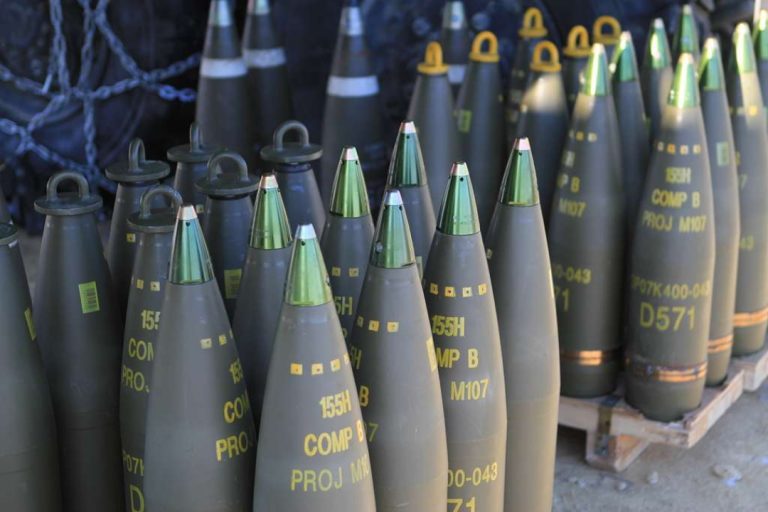
Bulgaria is preparing to launch major joint defense industry projects with Germany’s Rheinmetall, a leading manufacturer of military equipment and ammunition. The announcement came from the leader of Bulgaria’s Citizens for European Development party (GERB) on August 25. The collaboration reflects a strategic effort to strengthen the country’s defense capabilities and support NATO’s growing needs.
Bulgaria and Rheinmetall Partner on Major Defense Projects
The talks between Bulgaria and Rheinmetall began earlier this year, with initial discussions taking place in March 2025 during a meeting at the Bulgarian National Assembly. Officials from both sides explored the potential for joint defense production. They focused on leveraging Bulgaria’s decades of experience in military manufacturing and Rheinmetall’s advanced technology, which is recognized worldwide.
The partnership comes at a time when NATO and European defense industries face increasing demand for ammunition and military equipment. Both Bulgaria and Rheinmetall stressed that combining their expertise would help address urgent operational requirements and expand production capacities.
Following these initial discussions, the two sides met again in April 2025 and agreed to deepen their cooperation. Detailed assessments were conducted to determine the scale of the projects, including the types of ammunition and equipment to be produced. These preparations laid the groundwork for the launch of two new defense plants in Bulgaria, marking a significant step in joint European defense production.
Rheinmetall to Help Bulgaria Build New Defense Plants
Bulgaria and Rheinmetall are preparing to establish two major joint defense facilities in the country. One of these plants will focus on producing gunpowder and charges, while the other will manufacture 155mm NATO-standard artillery shells and long-range rockets.
The gunpowder and charge production facility will provide the essential materials required for a wide range of ammunition types. Gunpowder is a critical component that propels artillery shells and rockets, making this plant a vital part of the initiative. The facility will be equipped with modern safety systems and advanced production technology supplied by Rheinmetall.
Gas Supply at Risk: Hungary’s Fight for Payment Relief
The second plant will focus on producing 155mm artillery shells that comply with NATO standards. These shells are widely used by NATO forces for training and operational purposes. In addition, the facility will manufacture long-range rockets, which are essential for modern military operations that demand precision targeting and extended reach.
The project aims to combine Bulgaria’s industrial capabilities with Rheinmetall’s technical expertise. Both countries are working to ensure that the plants operate at high safety and quality standards while meeting NATO’s requirements. The collaboration is expected to significantly expand ammunition production in Bulgaria, providing a reliable supply chain for the region. Rheinmetall’s contribution in technology transfer and operational planning is considered a key factor in the success of these plants.
Reinforcing NATO Supply and Regional Defense Capacity
The collaboration with Rheinmetall is part of a wider effort to strengthen Europe’s defense industry. Earlier this year, Rheinmetall revealed plans to expand its production plant in Ukraine, which is currently under construction. That facility will produce 155mm artillery shells to enhance Ukraine’s defense capacity, increase self-sufficiency, and gradually reduce reliance on Western ammunition deliveries.
The Bulgaria-Rheinmetall joint plants are similarly designed to ensure a steady supply of military equipment for NATO allies. The projects highlight the growing cooperation between European countries and defense companies to meet urgent ammunition and equipment needs.
This partnership also underlines the strategic importance of Bulgaria’s defense industry. By collaborating with Rheinmetall, Bulgaria becomes a significant contributor to NATO’s artillery and ammunition capabilities. Both plants are set to create new production capacities, expanding the availability of essential military supplies while maintaining rigorous safety and quality standards.
The establishment of these facilities represents a major step in reinforcing Europe’s defense infrastructure. Rheinmetall and Bulgaria are working together to secure a reliable and sustainable supply chain for military equipment, supporting alliance-wide readiness and operational capabilities.